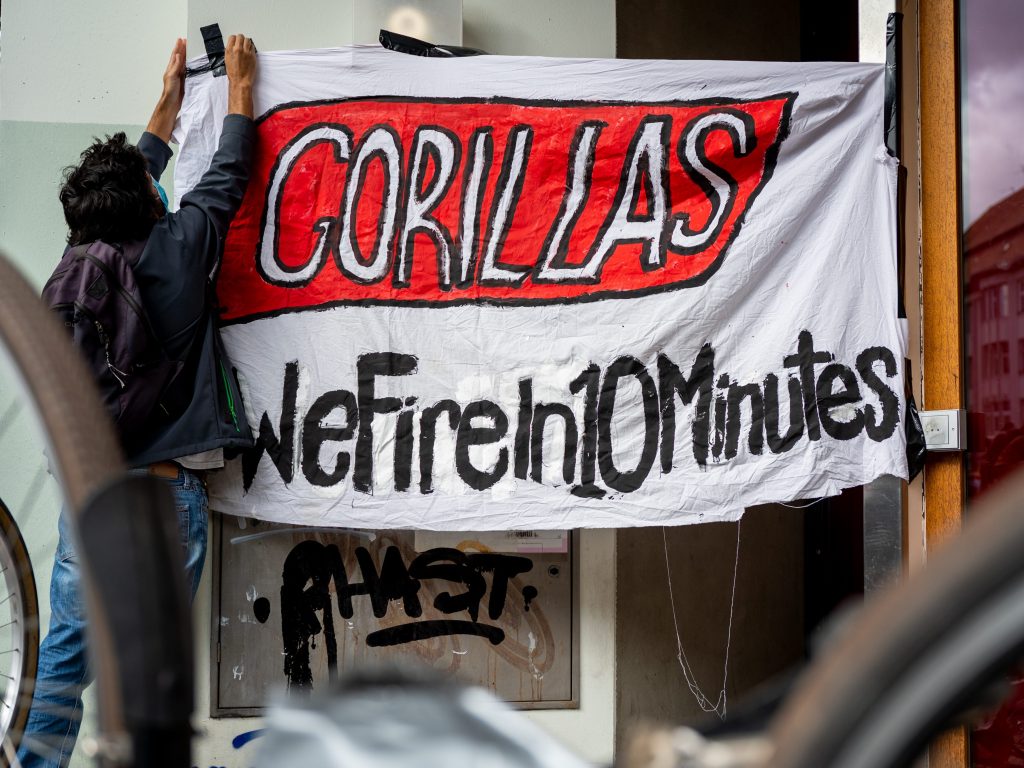- Investors pumped billions of dollars into the rapid grocery delivery sector throughout the pandemic.
- Now, the sector is facing a “bloodbath” as startups swap hyper-growth plans for profitability.
- The economic downturn and rising cost of living have set the stage for widespread consolidation.
Raise millions of dollars, open a network of dark stores en masse, and offer groceries at discounted prices in minutes to consumers sitting at home.
That was the game plan for a batch of largely newly-minted rapid delivery startups that ferried everything from milk and eggs to gnocchi and olives to doors across Europe.
The burgeoning industry lured in some of the world’s biggest investors such as Sequoia, Tiger Global, Coatue, and Tencent. To date, Turkish startup Getir has raised $1.8 billion, German competitor Gorillas has landed $1.3 billion, and Berlin-based Flink has secured $1.1 billion.
